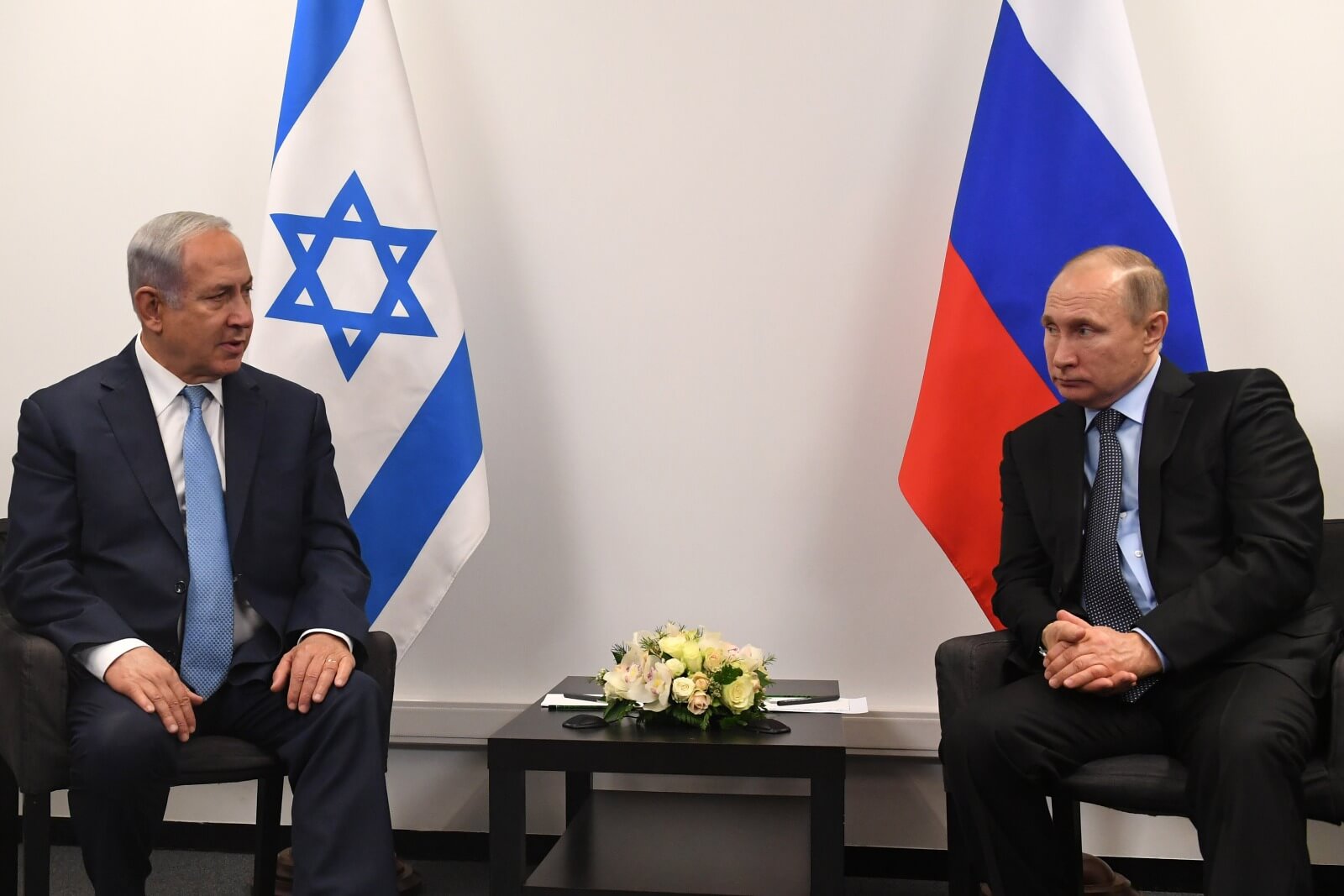Netanyahu’s Assertive Call to Putin on Gaza War and Iran Ties

In a recent diplomatic exchange, Prime Minister Benjamin Netanyahu engaged in a candid conversation with Russian President Vladimir Putin, highlighting Israel’s concerns over Russia’s stance on the Gaza War and the burgeoning ties between Iran and Russia. This tête-à-tête not only underscored the complexities of Middle Eastern geopolitics but also shed light on Netanyahu’s assertive approach to safeguarding Israel’s interests.
Israel’s Perspective
Netanyahu, in the call, adeptly articulated Israel’s position on the Gaza War, emphasizing the existential threats the nation faces. By addressing Putin directly, he aimed to garner international support for Israel’s right to defend itself against external aggression.
Putin’s Response
Understanding Putin’s stance on the Gaza conflict is crucial. Putin’s historical involvement in the region, notably with Syria, adds layers of geopolitical intricacy. Analyzing his responses provides insights into potential shifts in Russia’s approach and their impact on the broader Middle East landscape.
The Complex Dance of Israeli-Russian Relations
Netanyahu’s nuanced approach in the call demonstrated a diplomatic finesse aimed at balancing Israel’s strategic interests with the need for global cooperation. Examining the intricacies of his language and the specific points he raised unveils the meticulous nature of Israeli diplomatic efforts.
Comprehending Russia’s evolving role in the Middle East, particularly concerning Iran, is essential. Netanyahu’s pointed references to the blossoming Iran-Russia ties indicate a proactive attempt to address potential challenges posed by this alliance and to seek assurances from Putin regarding Israel’s security.
Regional Dynamics
A deep dive into the repercussions of Netanyahu’s call on regional dynamics is imperative. Analyzing how this diplomatic maneuver influences relationships between key players in the Middle East provides a comprehensive understanding of the broader geopolitical landscape.
Global Ramifications
Netanyahu’s strategic move is not isolated; it reverberates globally. Exploring the potential consequences on international alliances, especially those involving the United States and European powers, adds another layer to the intricate web of global geopolitics.
In the realm of international diplomacy, every word matters. Netanyahu’s call to Putin is not merely a conversation; it is a calculated move with far-reaching implications. By dissecting the nuances of this interaction, we gain valuable insights into the intricate dance of power, strategy, and alliances shaping the future of the Middle East.
